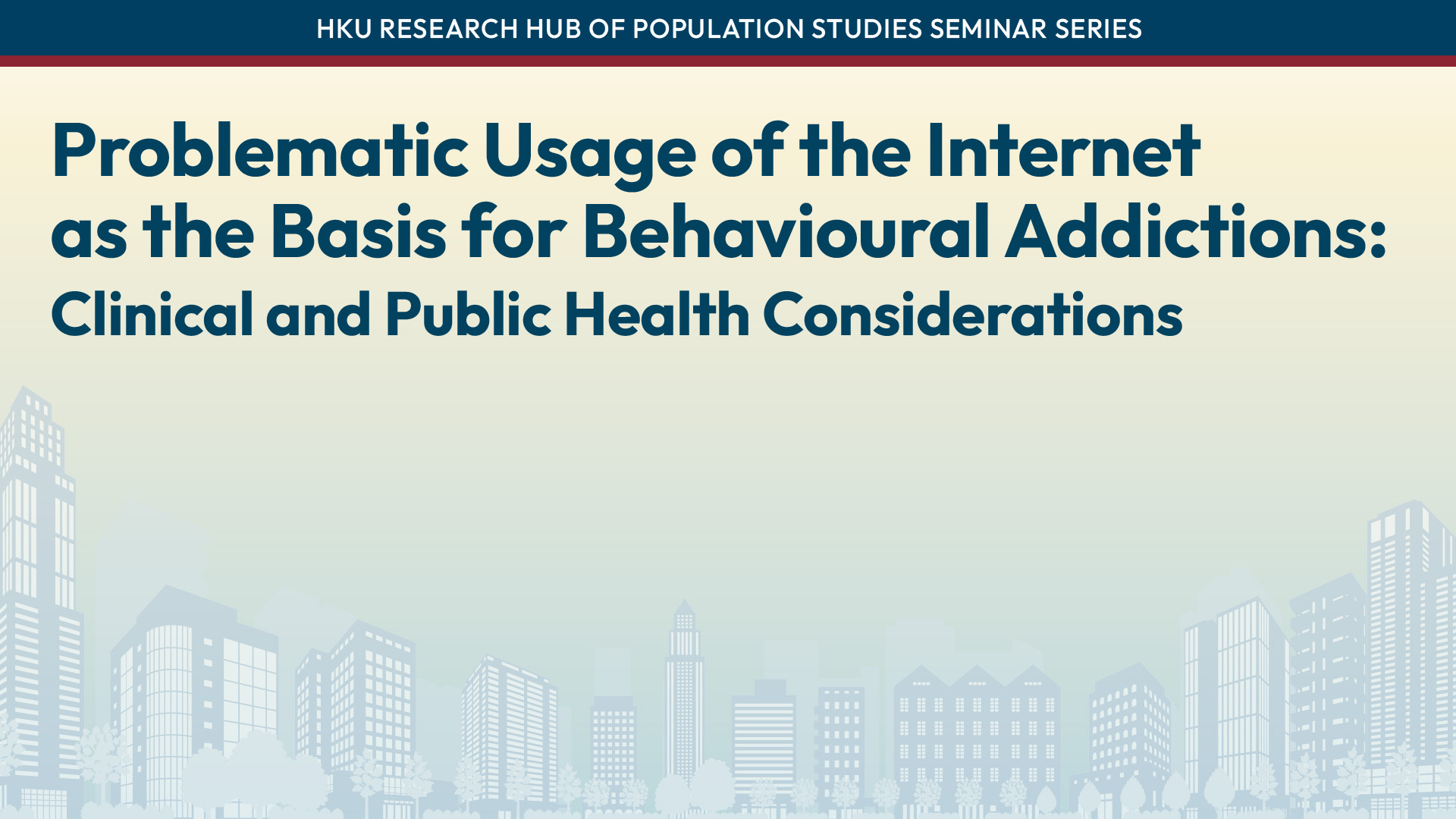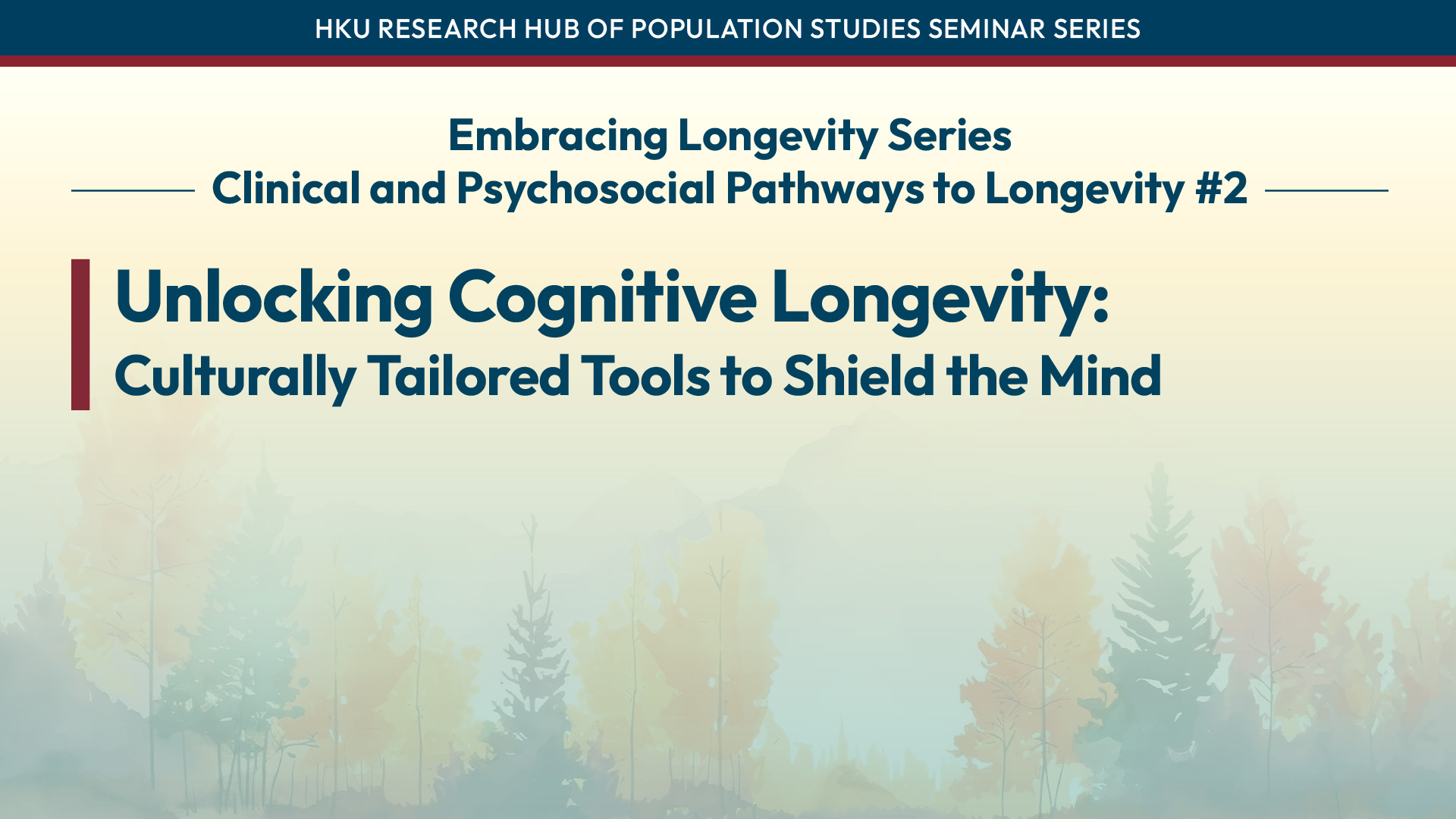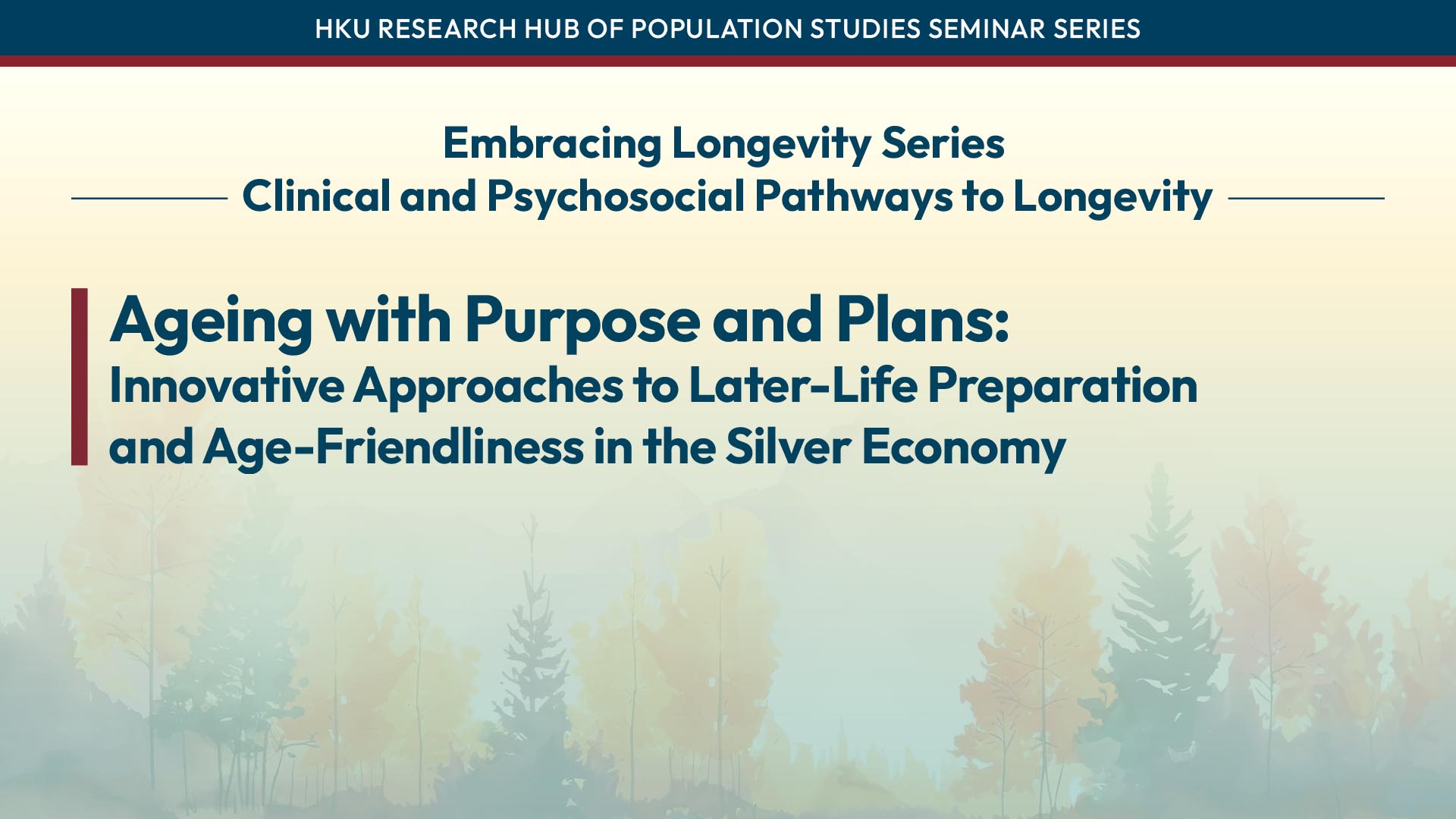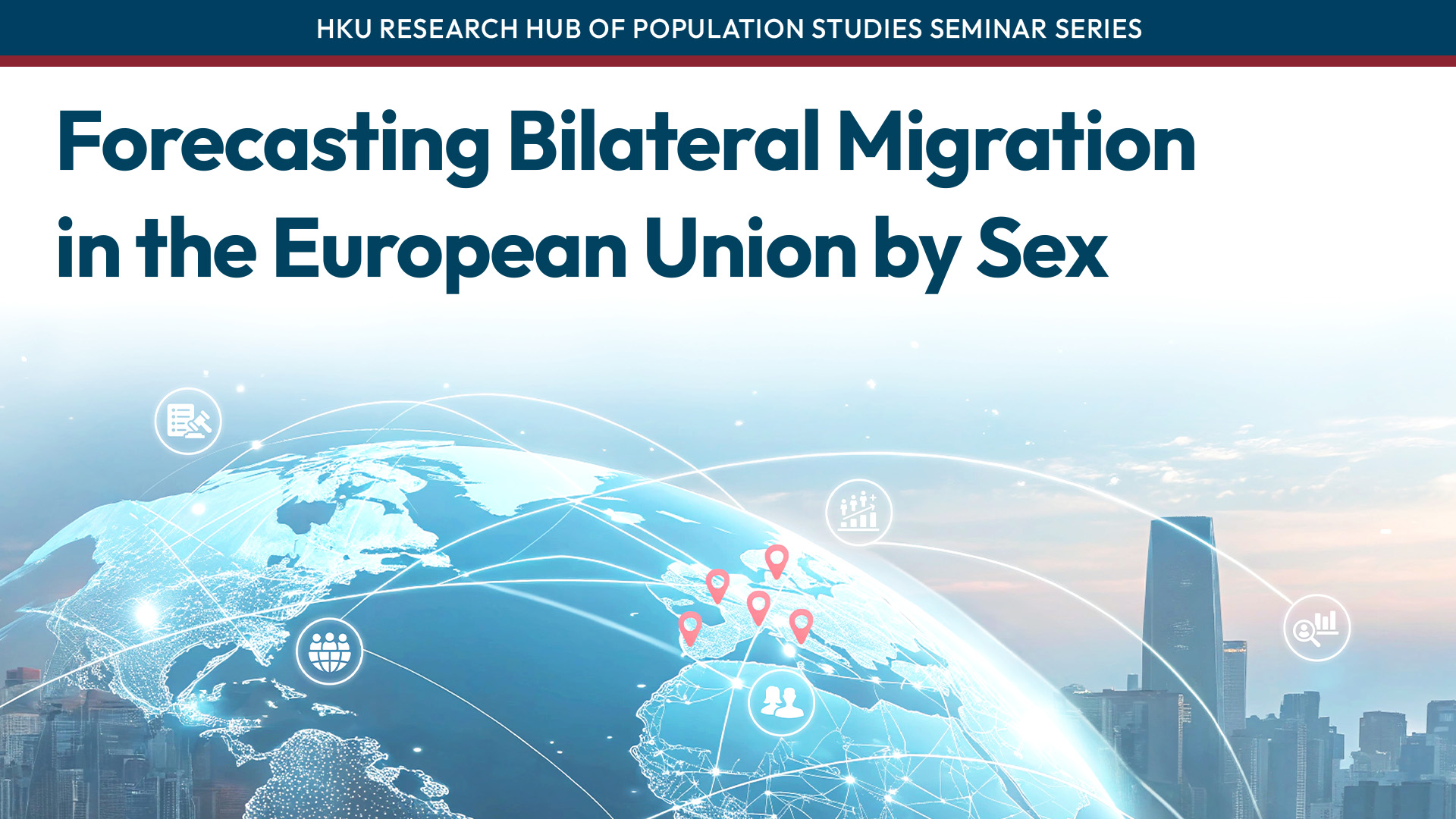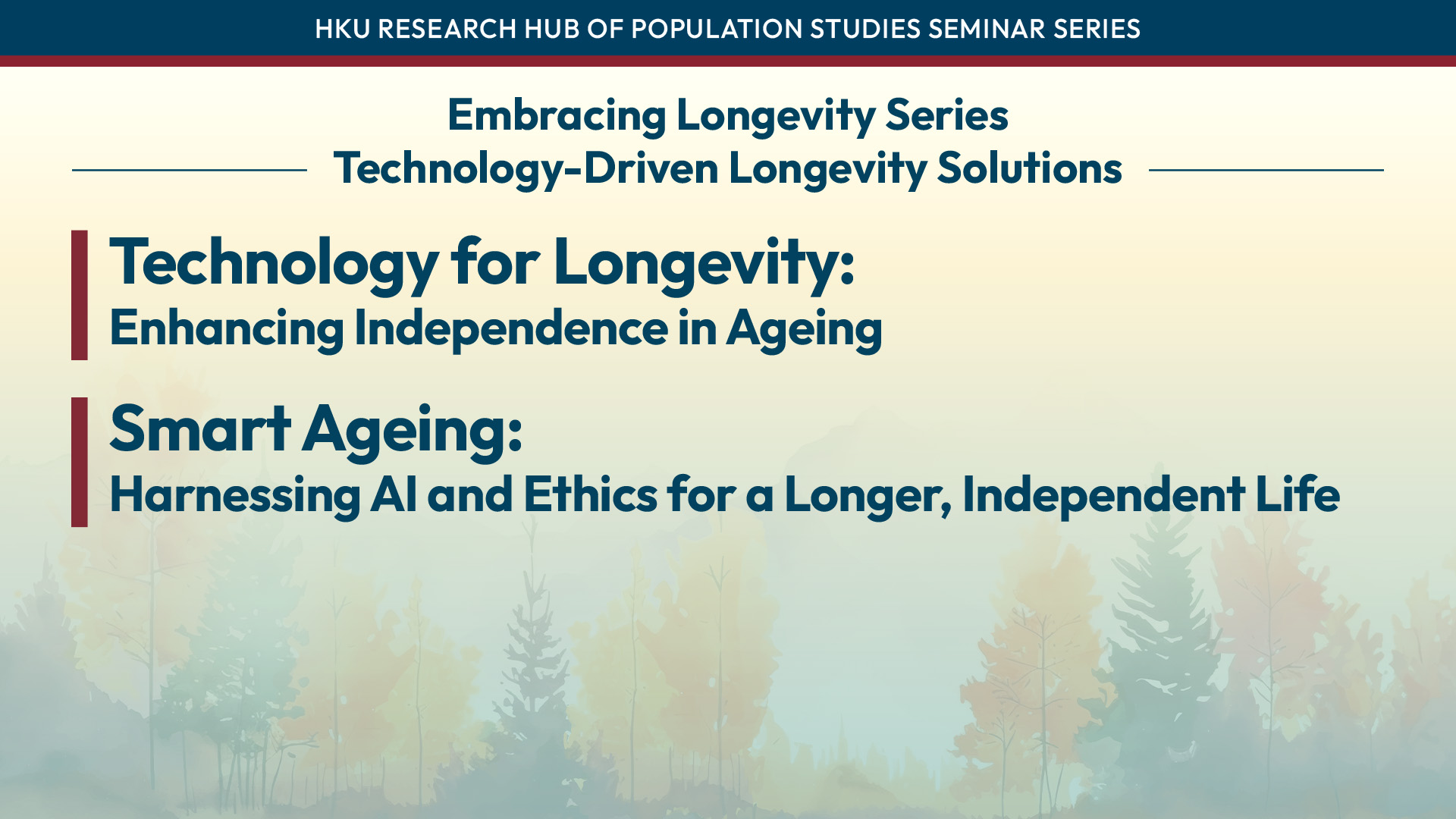January 17, 2023
2:30 – 3:45pm
via Zoom
All governments must balance two starkly different goals in policy-making: Designing policies that fit into the unique local conditions and enforcing central mandates equally across the country. Professor Lei argues that the “party-state” structure in China that installs both a party unit and a government helps mitigate the fundamental clash between these two goals. With original data on provincial party secretaries (PPSs) and governors (1993–2019), the lecture will provide the following evidence consistent with this view. First, PPSs are more likely to have work experience that helps them interpret and enforce the central mandates. In contrast, governors’ prior experience motivates them to integrate local conditions into policymaking. Furthermore, the divergent sets of experience also translate into different policy outcomes. While the local experience of governors is associated with better economic performance, the central experience often motivates PPSs to implement central mandates even at the cost of local socio-economic conditions and reduces governors’ career stability.















